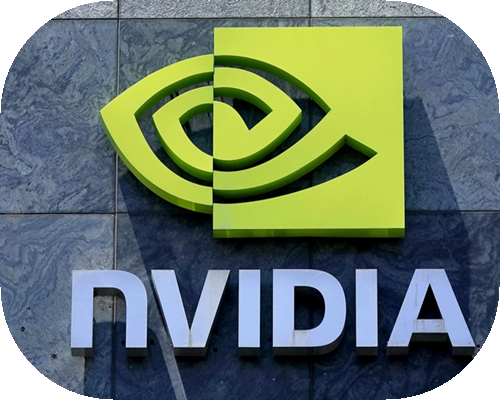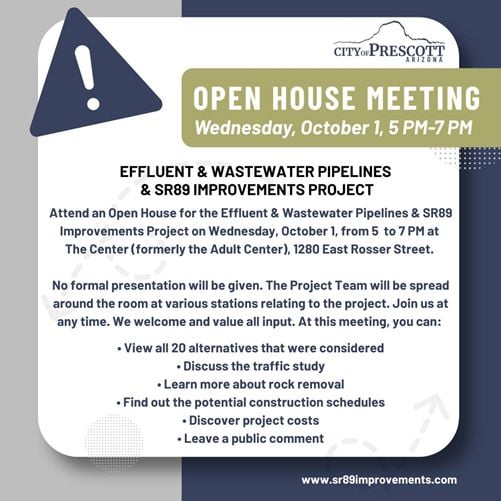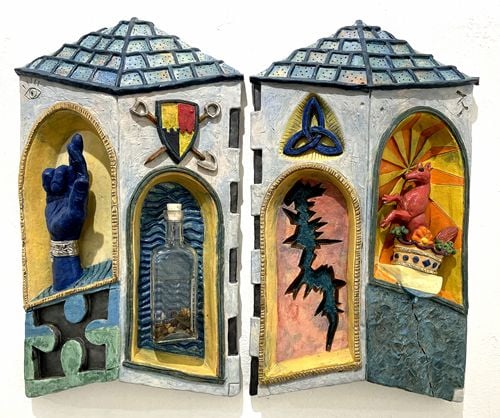Is the gaming experience not as smooth as it used to be? Are frame rates dropping and performance issues becoming more frequent? Regular maintenance and timely upgrades can keep a computer running at its best. How can a gamer ensure their system stays in top shape? What steps should be taken to boost performance without breaking the bank? This guide will provide important tips on maintaining and upgrading a personal computer for optimal performance.
Regular Maintenance
Maintaining gaming pcs is essential for ensuring they stay at peak performance. Even the most powerful machine can slow down over time without proper care. Regular maintenance helps prevent common issues like overheating, dust buildup, and software-related glitches.
Clean the Computer Internally and Externally
Dust buildup can block airflow and increase the temperature of internal components, causing thermal throttling. This can negatively impact performance. Cleaning the system regularly prevents dust accumulation and ensures optimal airflow. Turn off and unplug the computer before cleaning. Compressed air blows dust out of fans, vents, and heat sinks. Wipe the external parts of the system with a soft cloth.
Update Drivers and Software Regularly
Outdated drivers and software can affect a gaming system’s performance and stability. Keeping all system drivers, including graphics, audio, and chipset drivers up-to-date ensures compatibility with the latest games and software updates. Always check for updates for the operating system regularly. Update graphics drivers from the GPU manufacturer’s website (NVIDIA, AMD, etc.). Run software updates for installed games and apps.
Monitor System Temperature
Overheating is a primary concern for gaming pcs. High temperatures can cause components to perform poorly or even fail. Monitoring the temperature of the CPU and GPU helps prevent overheating issues. You should always use temperature monitoring tools like HWMonitor or MSI Afterburner. Ensure that cooling systems (fans, liquid cooling) are functioning correctly. Also, consider adding more case fans if temperatures remain high.
When and What to Upgrade
Sometimes, a PC needs more than regular maintenance. Upgrading certain components can improve performance and extend the system’s life. But which upgrades offer the most value?
Upgrading the Graphics Card (GPU)
The GPU is one of the most crucial components for gaming performance. If games stutter or do not run smoothly at higher settings, it may be time to upgrade the graphics card. A new GPU can significantly boost performance, especially in graphically demanding games. Do not forget to go through the points mentioned below:
- Look for GPUs that support the latest game titles and technologies.
- Ensure the new GPU is compatible with your motherboard and power supply.
- Consider future-proofing with a higher-end card to avoid upgrades shortly.
Upgrading RAM for Better Multitasking and Performance
Upgrading RAM can significantly improve a system’s ability to handle multiple tasks simultaneously. Modern games and applications are often resource-heavy, and more RAM can prevent lag during gameplay or when running background processes. Follow the points mentioned above for better clarity:
- 8GB is the minimum for modern gaming, but 16GB or more is recommended for smoother performance.
- Ensure the RAM is compatible with the motherboard and existing memory.
- Check the speed and latency of the RAM for the best possible performance.
Storage Upgrades
Is the system running out of storage space? A slow hard drive can hinder performance, especially when loading large game files. Hence, upgrading to a faster storage option can improve load times and overall system responsiveness.
Swap HDD for SSD
Switching from a traditional hard disk drive (HDD) to a solid-state drive (SSD) is one of the most effective upgrades for improving gaming performance. SSDs are faster, more reliable, and consume less power than HDDs. Always try to install the operating system and frequently play games on an SSD. Choose an SSD with at least 500GB of space to store several games. Ensure that the motherboard has the necessary ports to support an SSD.
Increase Storage Space with a Second Drive
Adding a second hard drive or SSD is an excellent solution if more storage is needed for games and files. This prevents the primary drive from becoming too full, which could impact overall performance. Hence, always add a second SSD or HDD if the motherboard has extra ports. Use the second drive to store non-essential files or games played less often.
Maintaining and upgrading gaming pcs is not that complicated. Regular cleaning, software updates, and temperature monitoring are essential to keep the system in top condition. Upgrading components like the GPU, RAM, and storage for gammers seeking more power can provide a significant performance boost. By staying proactive and making timely upgrades, a computer system can deliver exceptional performance for many years.
How useful was this article ?
Click on a star to rate it!
Average rating 0 / 5. Vote count: 0
No votes so far! Be the first to rate this post.
We are sorry that this post was not too useful for you!
Let us improve this post!
Tell us how we can improve this post?















